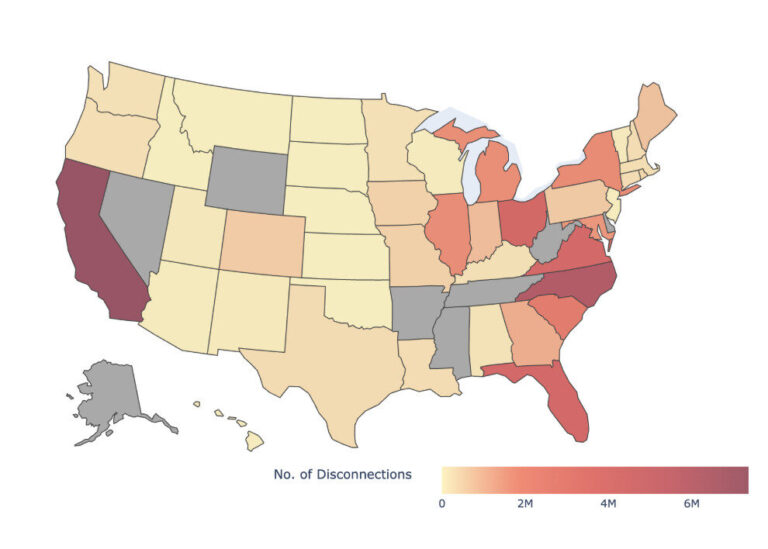Attacks on Renewable Energy Policy by Fossil Fuel Interests 2013-2014
Fossil fuel and utility interests, concerned about the rise of cheap clean energy, are financing attacks on pro-clean energy policies in an effort to delay the growth of their competition in the marketplace. The Koch Brothers and their allies want to continue selling as much coal, oil, and gas as possible – and in their effort to rollback clean energy policies, are spreading falsehoods about the energy market.
This report documents how and where fossil fuel companies and front groups have attacked renewable energy standards and net metering policies throughout the country in 2013 and 2014.



